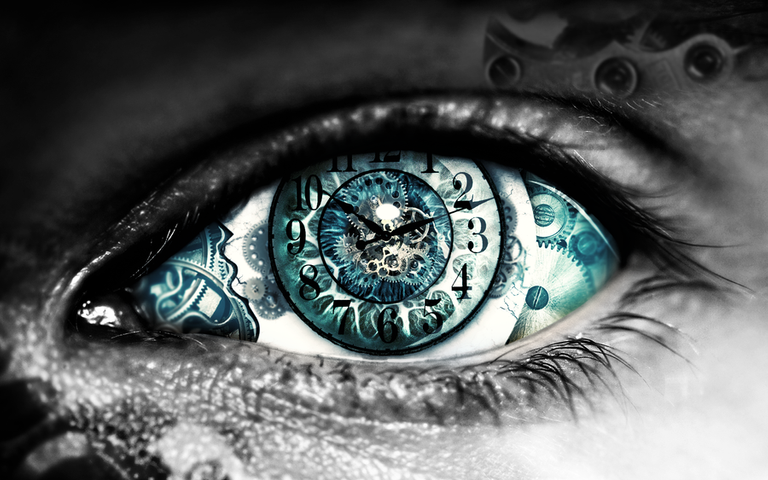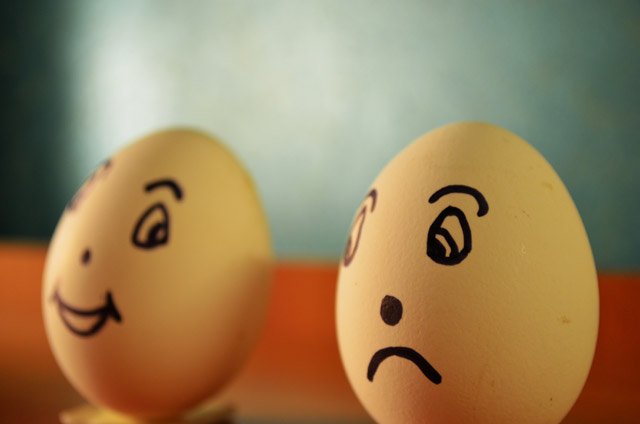The science to the pursuit of happiness
Call me a not so well-read person, but it never once occurred to me that there are people who are dedicated to researching about happiness (out of all things). A very recent scientific research showed that the more you seek for happiness in your life, the more you don't feel happy. And it's connected to how you perceive time.

Truly, time is of the essence. It's probably the hardest "physical quantity" to take a grasp of, but it's undeniably always there. Image Source
Wanting to be happy to becoming unhappy
Let me bring us back to 2011, when a group of researchers asked the question, "Can seeking happiness make people unhappy?" It seemed like a question that could be answered objectively. However, if you read the question until it truly sank in, you would start to give it a deeper thought.

Just because you sought so hard for happiness means you're happy. It means the complete opposite. Image Source
The 2011 study argued that while people would be more likely to think pursuing happiness would make the pursuer happy, it wasn't always the case. A more constant objective to reaching happiness would make disappointments feel heavier, thus a feeling of unhappiness.
Did I even make sense?
Well, imagine setting a goal. Imagine pushing to achieve this goal. You are so focused to achieving this goal that its value to you is completely lost. It will be just a goal, and nothing more.
Where time comes in
The very recent research by A. Kim and J. Maglio studied four separate conditions.

You are so indulged with finding happiness, that you didn't realize time has passed so quickly. Image Source
Traits of seeking happiness and time scarcity
Here, the authors were able to show that trait-level happiness seeking is positively linked to perceptions of time scarcity. In short, majority of the people (respondents) believe a meaningful life requires happiness (possibly to an extreme degree), but at the same time, time is "slipping away" too quickly.
Achieved vs unachieved happiness and time scarcity
This sub-study proved that while seeking happiness affects perception to time scarcity, it is completely mitigated by feeling of accomplished happiness.
Demanding vs nondemanding happiness and time scarcity
The authors were able to confirm the high demand placed on time by seeking happiness. The time "required" to achieve happiness "inflates", thus the feeling of scarcity along the pursuit.
The role of time scarcity in the pursuit of happiness
This part generalizes the study: that feelings of unhappiness comes with the perception of time scarcity. Viewing time as scarce while pursuing happiness can apparently undermine the well-being of a person. Only by being "happy" can one view time as hardly scarce.
Happiness: the irony
Research on happiness -- and disposition, in general -- could probably go way back in the 1970s. Maybe farther. This 2018 study provides the following contexts: first, time is invaluable to people who seek happiness, but is enough to people who achieved it. Second, time feels scarcer when the pursuit to a goal backfires; example, you have an exam, you study the first few minutes, ditch it the next, then the extreme need to study comes. The need for more time balloons, thus a feel of time scarcity.
The paper highlights the impact of time availability to our own decision-making. I could only conclude this with one thing: value your time, but don't overdo it. In short, use your time wisely.
(Well, rich, coming from me who ends up watching Youtube videos to pass the time.)
Very good writing. Succes for you